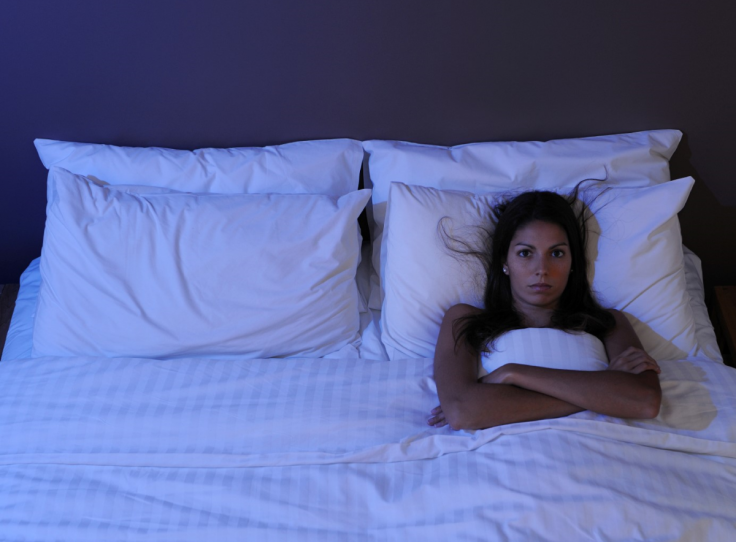Trouble sleeping somewhere new? Half of your brain stays awake to keep watch

When you go to sleep in a new and unfamiliar environment, half of your brain stays awake all night to keep an eye out for any potential danger. Scientists say this "vigilance" mechanism helps explain why people often feel groggy after the first night in a new place.
Past studies have shown people tend to struggle with sleep in a new location. It is known as the 'first night effect' and is the reason sleep scientists tend to discard any data they collect on the first night of their studies. However, what causes it was not known.
To work out the reason for the first night effect, researchers from Brown University used a neuroimaging technique on 35 volunteers. They monitored the volunteer's brains while they slept in a lab and found the two hemispheres showed different patterns of activity.
Their findings, published in the journal Current Biology, showed the left side of the brain was always more active than the right side, particularly during 'slow-wave' sleep – a part of the deep sleep cycle. They also found that the greater asymmetry of brain activity between the two hemispheres - if the left was particularly active, for example - the more difficult it was for the person to fall asleep.
Researchers believe this activity helps people stay vigilant and responsive "as a night watch to protect ourselves" when sleeping in an unfamiliar environment.
Yuka Sasaki, corresponding author, said they do not yet know if the left hemisphere keeps watch all night, or if the right shares the burden at other times. "It is possible that the surveillance hemisphere may alternate," she said.
The authors conclude: "The present study has demonstrated that when we are in a novel environment, inter-hemispheric asymmetry occurs in regional slow-wave activity, vigilance and responsiveness, as a night watch to protect ourselves."
The team also speculated some people could have the ability to switch off the first-night effect when they frequently stay in new surroundings. "Human brains are very flexible," said Sasaki. "Thus, people who often are in new places may not necessarily have poor sleep on a regular basis."
She added it may be possible to reduce this effect by taking your own pillow when sleeping in new places.
© Copyright IBTimes 2024. All rights reserved.






